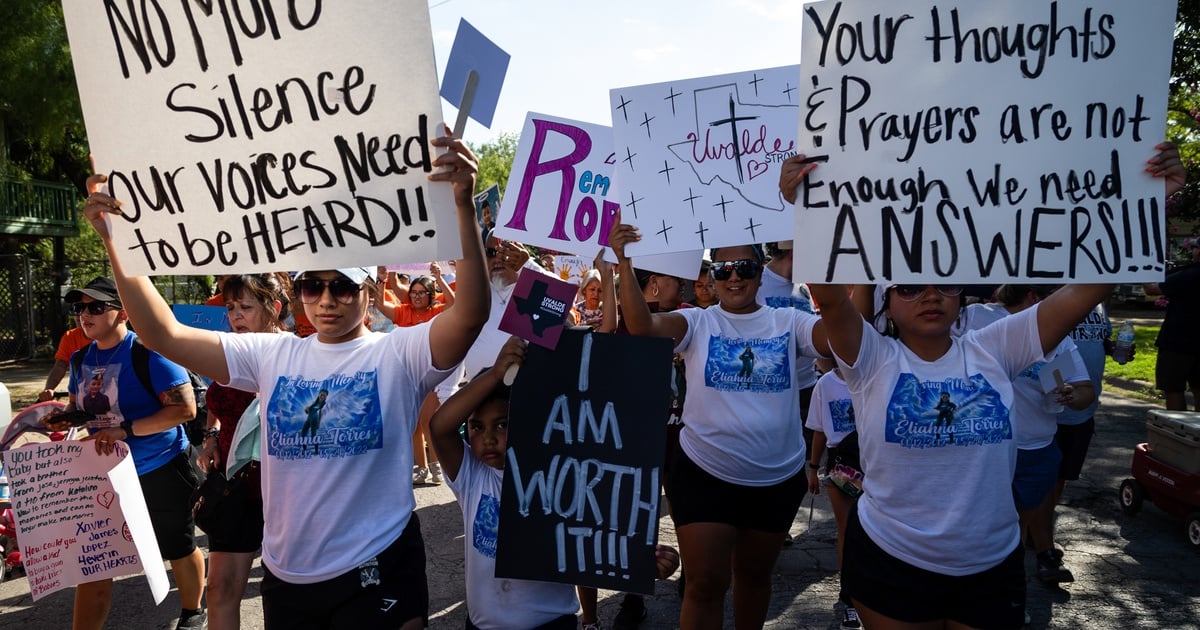

I mean, I don’t use a scope to listen to pulse. I listen for murmurs, heart sounds, breathing, gut sounds. It sounds nice, but I doubt it is gonna give better info than what can be gotten from a stethoscope, ekg, or ultrasound(this is where a lot of the cutting edge is now in medicine).









Ultimately this a definition issue, and is philosophical more than scientific. I have no doubt he’s a great neuroscientist, but it’s really not a great take. I think that the whole idea of neurochemistry cascading into the decisions we make doesn’t mean we don’t have the ability to choose within our neurochemical makeup. I think it definitely pushing a good point in that the root causes of our behavior, especially anti-social behavior, is possibly addressable in how we support and raise our kids.